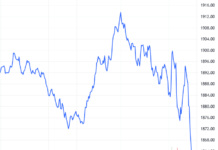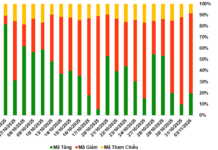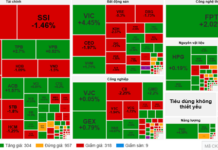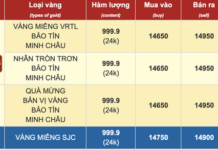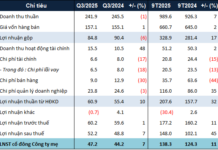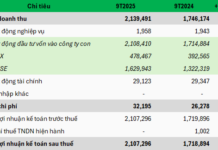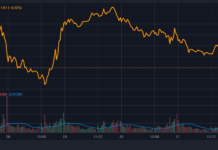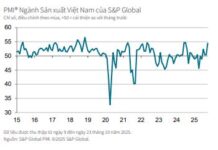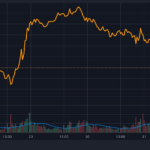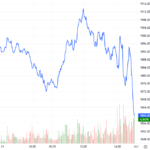Dr. Cong Pham, a prominent economics lecturer at Deakin University in Australia, affirms that Vietnam has a market economy. Vietnam joined the World Trade Organization (WTO) in 2007 and has since signed multiple multilateral and bilateral free trade agreements (FTAs) with various countries, including the Comprehensive and Progressive Agreement for Trans-Pacific Partnership (CPTPP), the Vietnam-European Union Free Trade Agreement (EVFTA), and the Vietnam-United States Bilateral Trade Agreement.
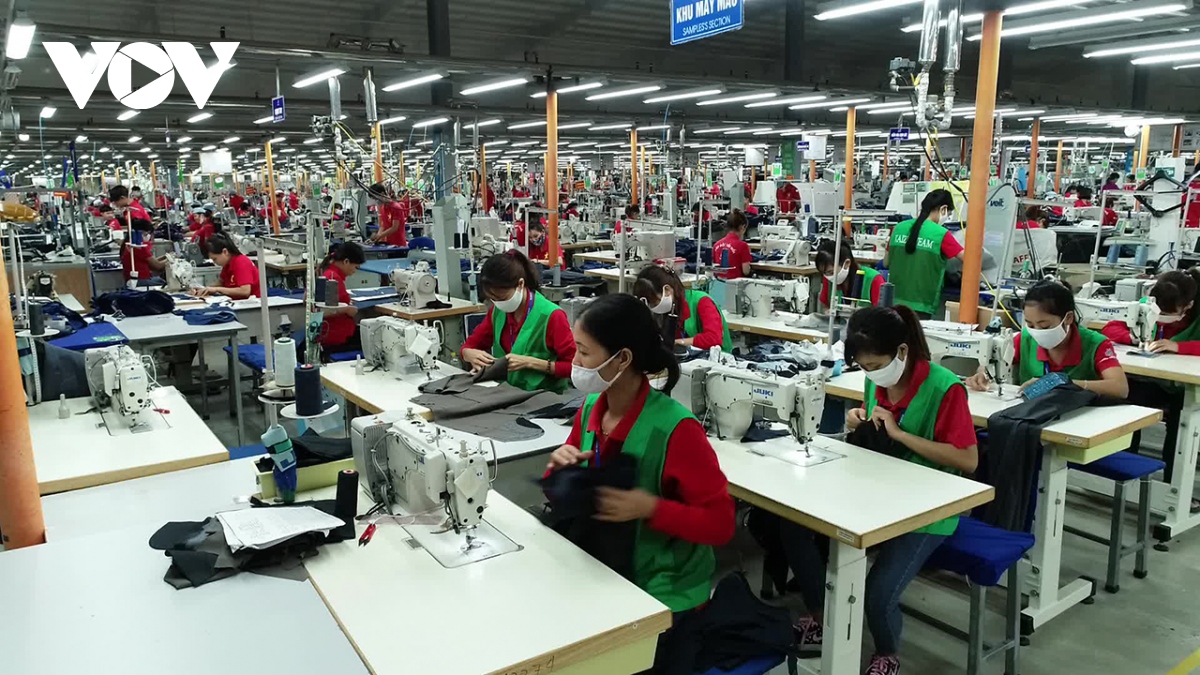
Dr. Pham emphasizes that these FTAs have integrated Vietnam deeply into the global economy, with intense competitive pressures, while also promoting free-market behaviors. He further highlights the emergence of private companies and startups as another indicator of Vietnam’s rapid evolution from a centralized to a market-oriented economy.
Dr. Pham also mentions six factors that demonstrate Vietnam’s market economy status. These include the rapid growth of the private sector, now contributing nearly 45% to GDP, one-third of state budget revenue, 40% of investment capital, and employing 85% of the country’s labor force. Additionally, Vietnam has reformed foreign investment laws and developed a competitive market environment across sectors, while the legal framework has evolved to support private sector growth. Lastly, Vietnam’s financial market is expanding rapidly, with significant growth in stock market capitalization over time.

